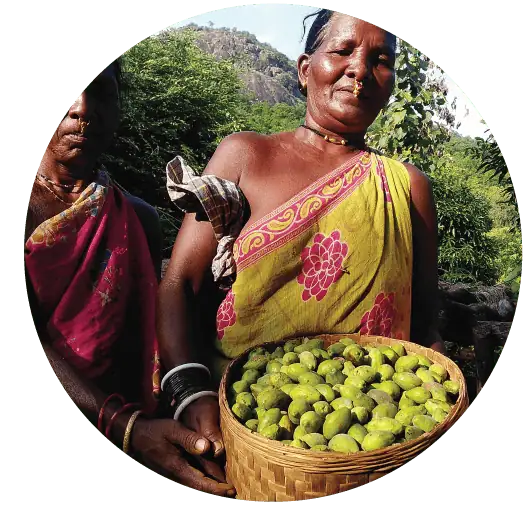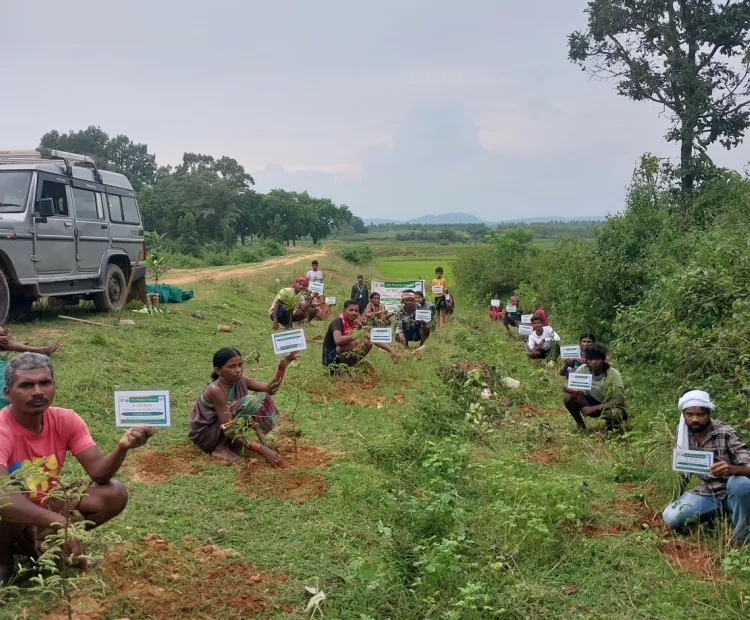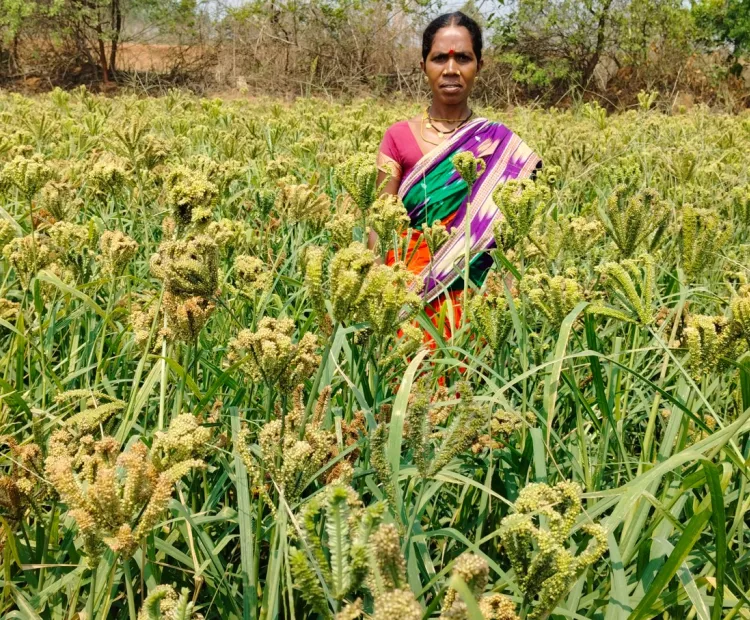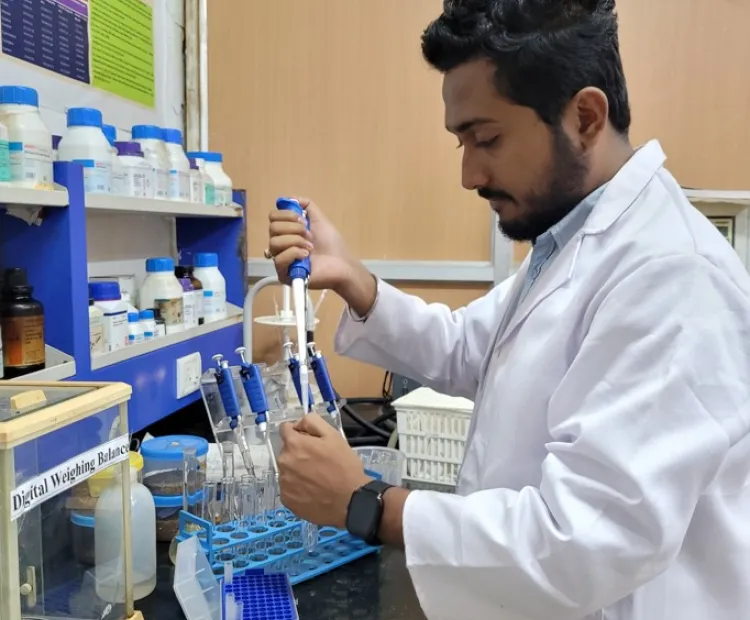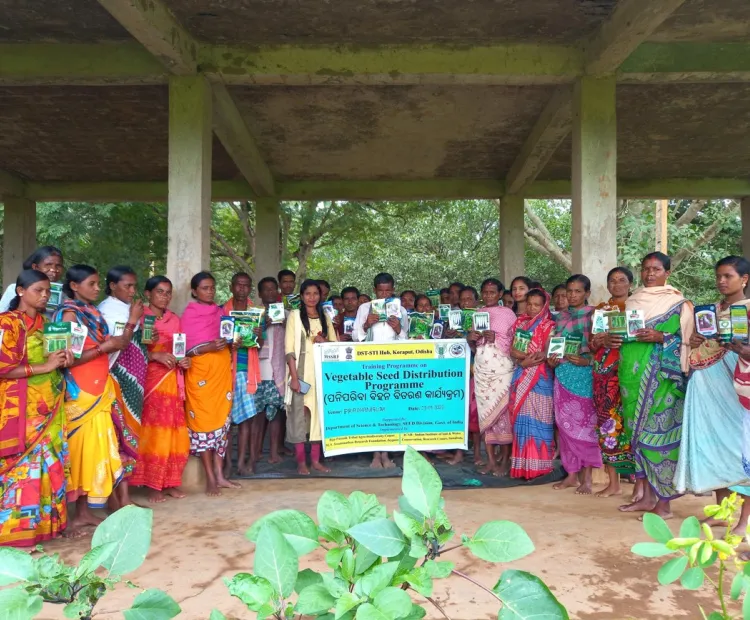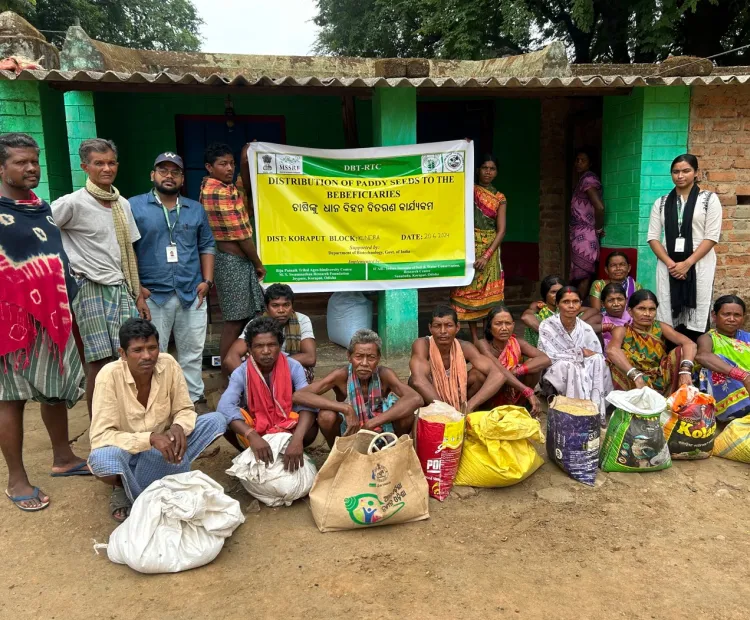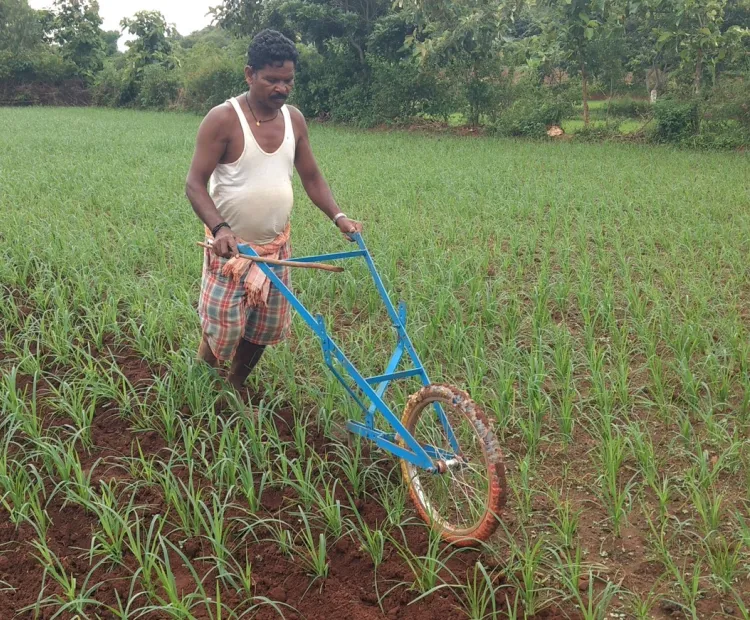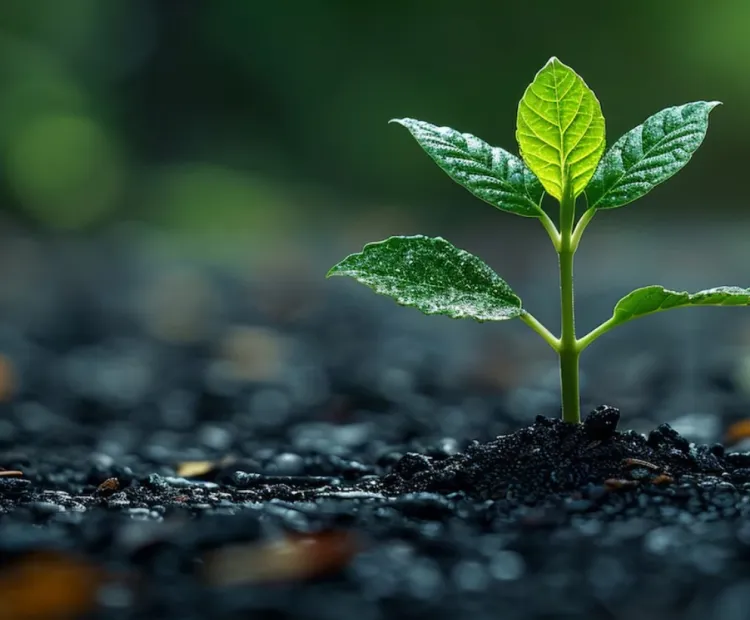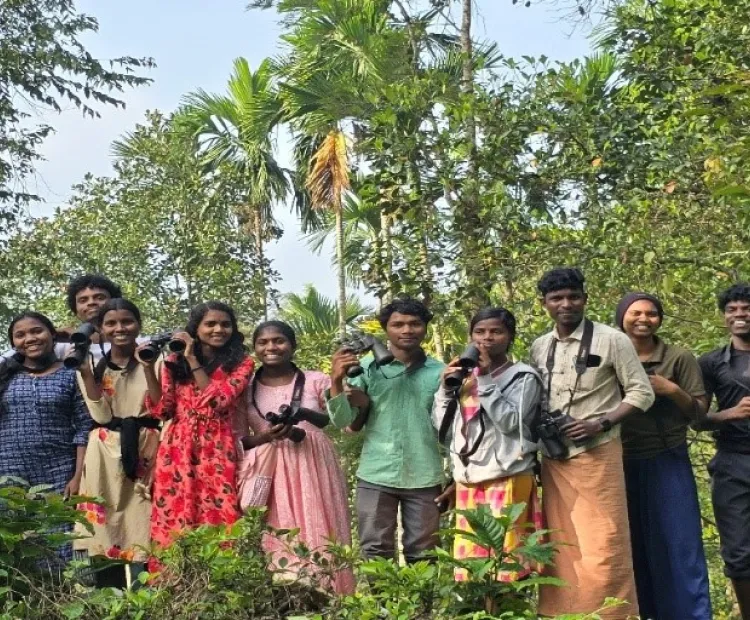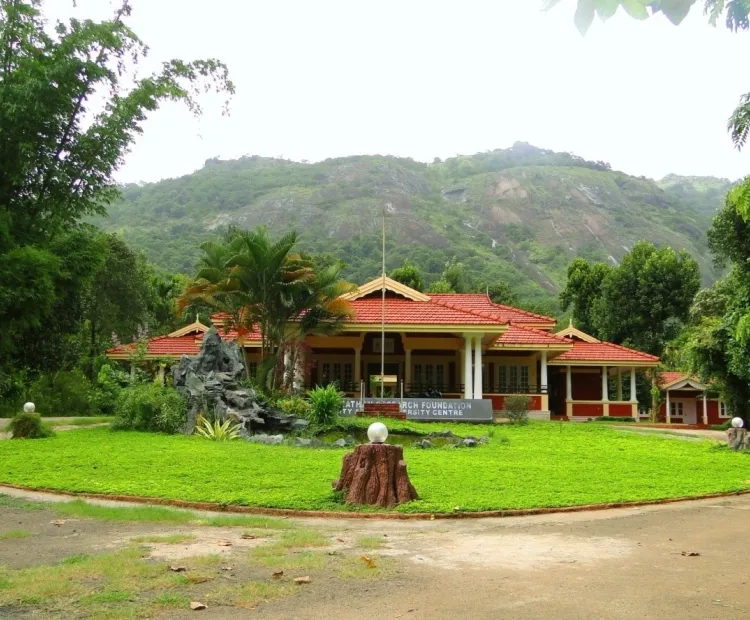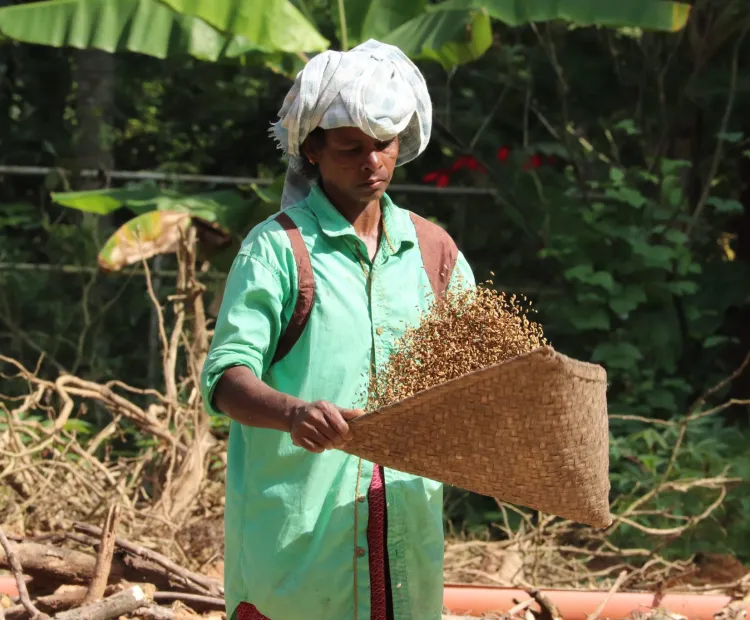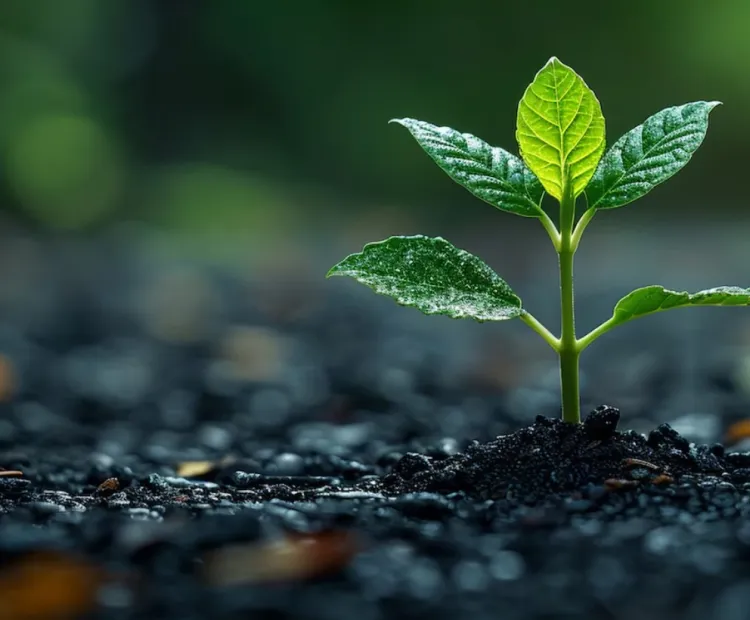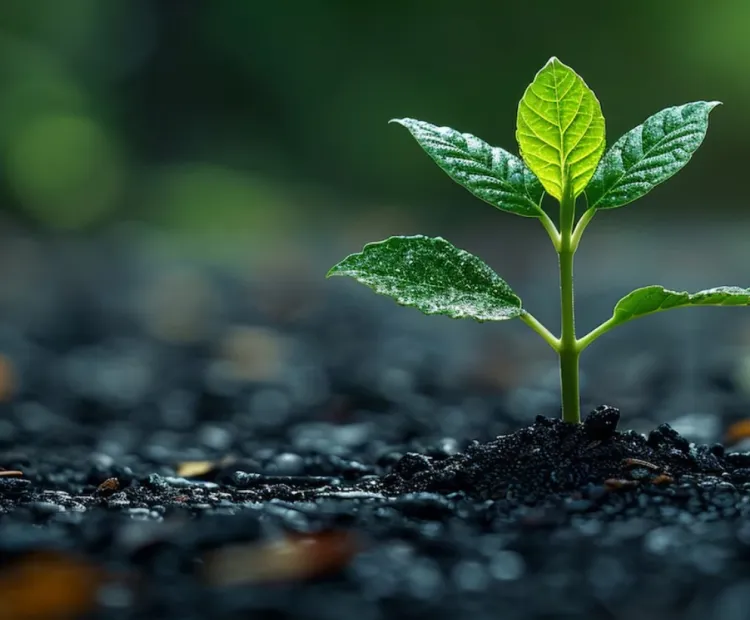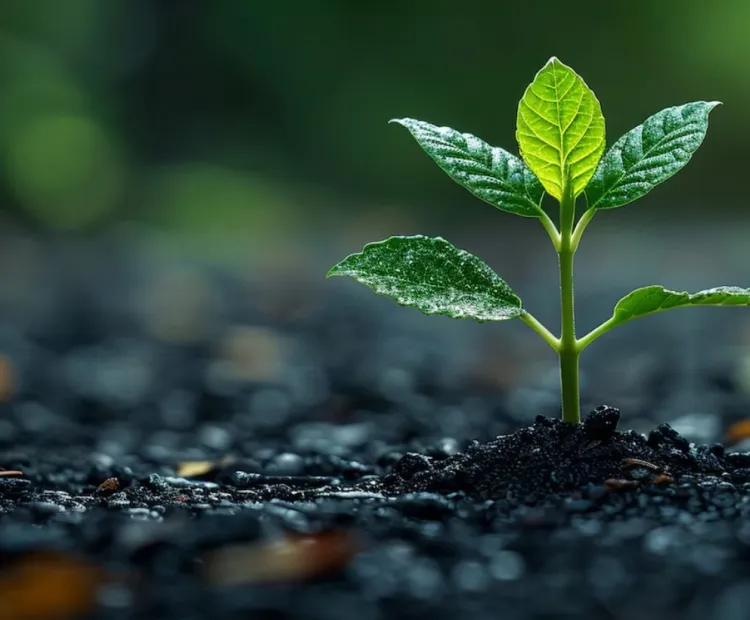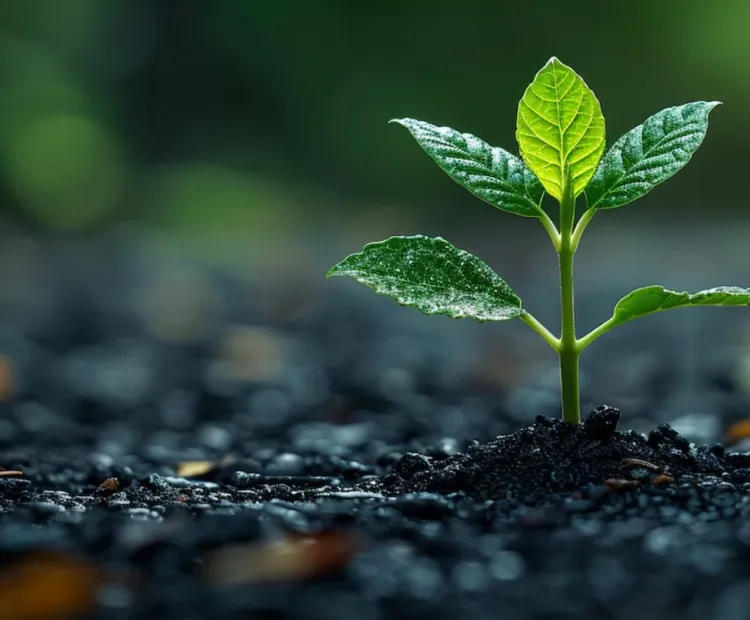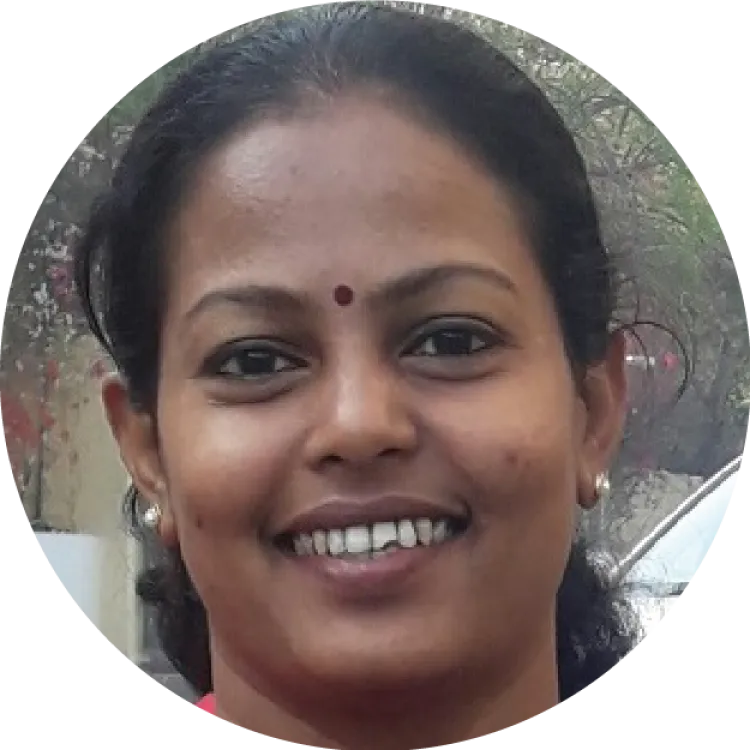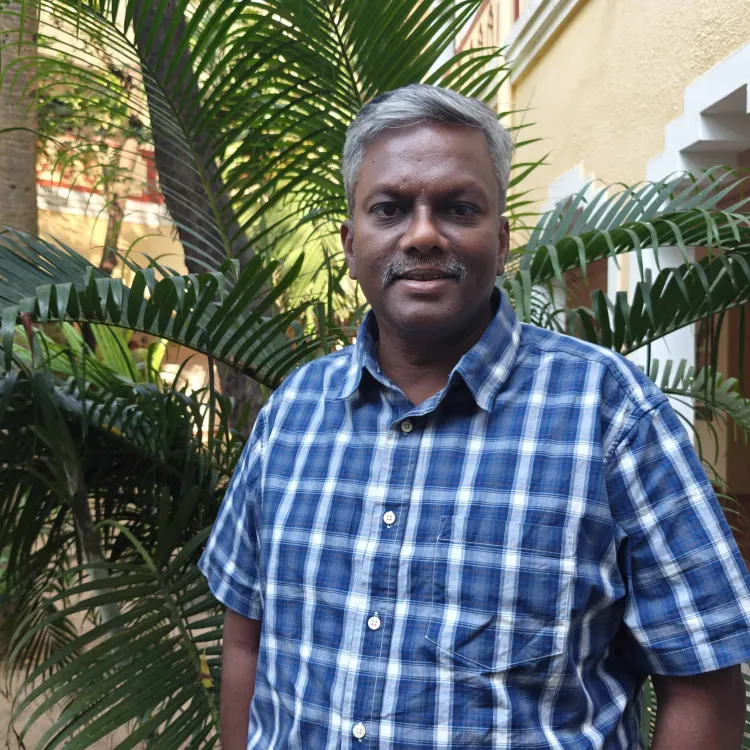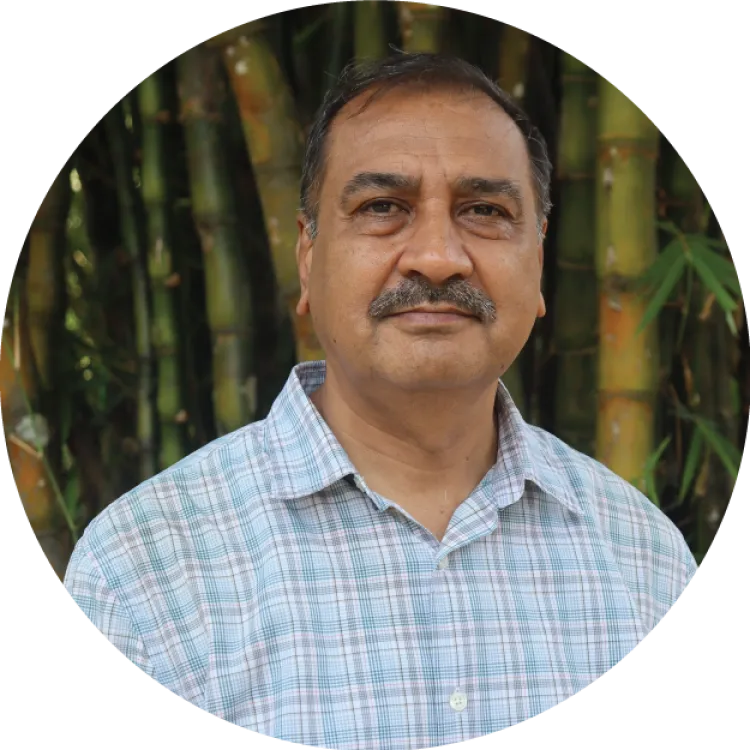Biodiversity Management
Home > Our Work > Programme Areas > Biodiversity Management
Biodiversity Management
The Biodiversity Programme at M.S. Swaminathan Research Foundation (MSSRF) champions biodiversity conservation while empowering rural and tribal communities. By blending traditional wisdom with modern science, the programme promotes food security, ecosystem resilience, and sustainable livelihoods across India’s biodiversity hotspots.
Our Vision and Mission
Vision:
This programme envisions a future where food, nutrition, ecological, and health security are achieved through biodiversity conservation.
Mission:
We seek to end hunger, improve nutrition, and empower indigenous communities by promoting sustainable use of biodiversity and supporting sustainable agriculture.
Where We Work
The programme focuses on key biodiversity-rich areas:
- Kolli Hills (Tamil Nadu)
- Koraput (Odisha)
- Wayanad (Kerala)
Expansion plans include the Eastern and Western Ghats and dryland plains across India, targeting tribal, coastal, and rural populations.
What We Focus On
On-Farm Biodiversity Conservation
Economic Incentives for Conservation
Protecting Farmers’ Rights and Traditional Knowledge
Conservation of Threatened Species and Ecosystems
On-Farm Biodiversity Conservation
We promote the conservation and sustainable use of traditional crops and agro-biodiversity through community-driven initiatives.
Economic Incentives for Conservation
By linking biodiversity to sustainable food and nutrition security, communities gain direct economic and health benefits.
Protecting Farmers’ Rights and Traditional Knowledge
We work to ensure indigenous farmers are recognized and rewarded for conserving agro-biodiversity through access and benefit-sharing mechanisms.
Conservation of Threatened Species and Ecosystems
Through partnerships, we restore habitats and protect endangered plant species critical to food security and ecosystem health.
Our Strategies
Plant Genetic Resources & Wild Foods
Community-Managed Seed Systems
Agroecology and On-Farm Diversity
Nutri-Sensitive Value Chains
Capacity Building
Conservation of Threatened Plant Species
Plant Genetic Resources & Wild Foods We conserve underutilized crops, wild food species, and medicinal plants, safeguarding them for future generations.
Community-Managed Seed Systems By strengthening community genetic gardens and seed banks, farmers maintain control over local crop diversity.
Agroecology and On-Farm Diversity We promote integrated farming systems, nutrition gardens, and agroforestry that enhance farm productivity and resilience.
Nutri-Sensitive Value Chains We develop value chains around nutritious crops, creating markets for biodiversity-based products.
Capacity Building Training farmers, women’s groups, and local leaders on biodiversity conservation, agroecology, and farmers’ rights.
Conservation of Threatened Plant Species Establishing biodiversity parks and restoring endangered ecosystems to safeguard India's rich natural heritage.
How We Work
Research for Development
- Studying wild and cultivated biodiversity
- Exploring forgotten foods
- Supporting ecosystem resilience through community biodiversity management
Capacity Development
- Creating training materials
- Building the skills of farmers, local institutions, and youth
Promoting Grassroots Institutions
- Empowering communities for collective biodiversity conservation efforts
Research Uptake and Advocacy
- Translating research into practice
- Advocating for policies that protect biodiversity and indigenous knowledge
Participatory Monitoring and Evaluation (PAME) ensures accountability and effectiveness across all activities.
Cross-Programme Collaboration
The Biodiversity Programme actively links with other MSSRF initiatives in:
- Biotechnology: For diversity mapping and bio-inputs.
- Agriculture, Nutrition & Health: To promote biodiversity-driven nutrition security.
- Ecotechnology: Improving soil, water, and integrated conservation practices.
- Climate: Supporting climate adaptation and mitigation strategies.
- Gender, ICT & Institutional Development: Ensuring inclusivity and digital empowerment.
